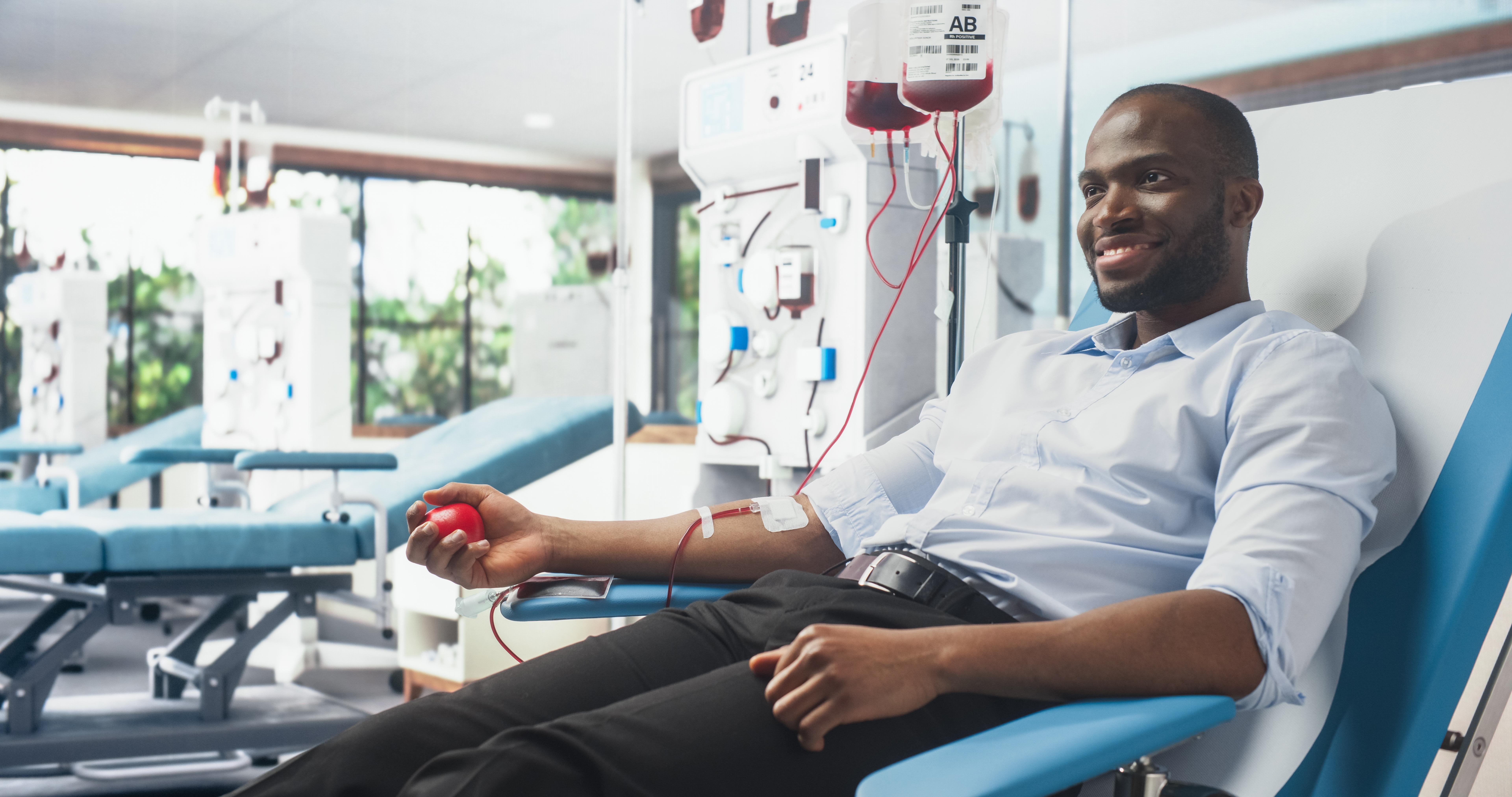How Donating Blood Saves and Improves Lives in Your Community
(NewsUSA) - Every 2 seconds, someone in the United States needs blood, and a single donation can save lives. Shortages in the nation’s blood supply can happen any time. Donors, especially those who donate regularly, keep our blood supply stable.
- Every 2 seconds, someone in the United States needs blood, and a single donation can save lives. Shortages in the nation’s blood supply can happen any time. Donors, especially those who donate regularly, keep our blood supply stable.
Blood transfusions are essential for some patients undergoing surgery, or who’ve had serious injuries or are dealing with certain medical conditions. While everyone is impacted when there are shortages of blood and blood products, people living in communities with higher numbers of patients with rare blood types or diseases are disproportionately affected.
Take those with sickle cell disease (SCD), a condition that affects more than 100,000 people in the U.S., the majority of who are Black or of African ancestry. Many people with SCD need blood transfusions throughout their lives but often find it difficult to get the type they need. That’s why Black or African American blood donors are so vital, as 1 in 3 are a match for people with SCD.
While it may seem outdated to think of blood in terms of race – the practice of segregating donated blood by race was discontinued shortly after World War II – scientific studies have found that, to reduce the risk of transfusion complications, some people do require blood or blood products from donors with the same racial or ethnic background.
Most people can give blood, but only 3% of Americans donate each year. If you are in good health, at least 16 or 17 years old (depending on the state), and weigh at least 110 pounds, consider donating. A diverse blood supply ensures that every American has equitable access to blood and blood products. You can make a difference in your community by donating blood and by encouraging others to do the same.
Learn more by visiting the National Heart, Lung, and Blood Institute’s Blood Diseases & Disorders Education Program.
Callout:
Diversity in Blood Types
Most blood types fall into one of the four major groups: A, B, AB, O. Blood donations from all types are always needed. However, some people have rare blood types. Some of the rare blood types for African Americans include U- and Fy (a-b-). For these patients, the U.S. blood supply must be more diverse. The best blood type match for patients with rare blood types often comes from donors of the same race or similar ethnicity.










